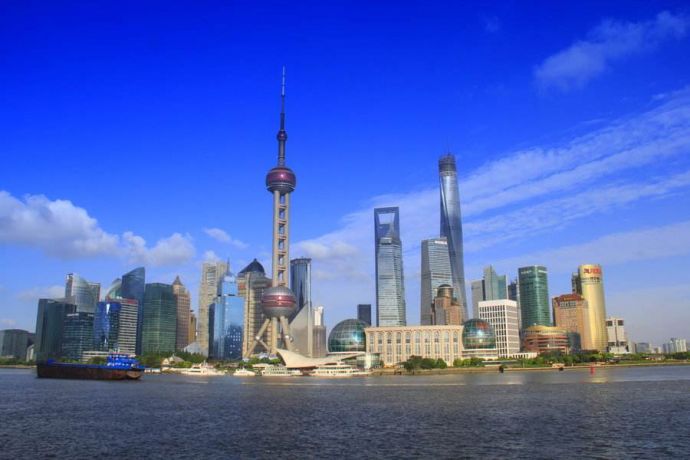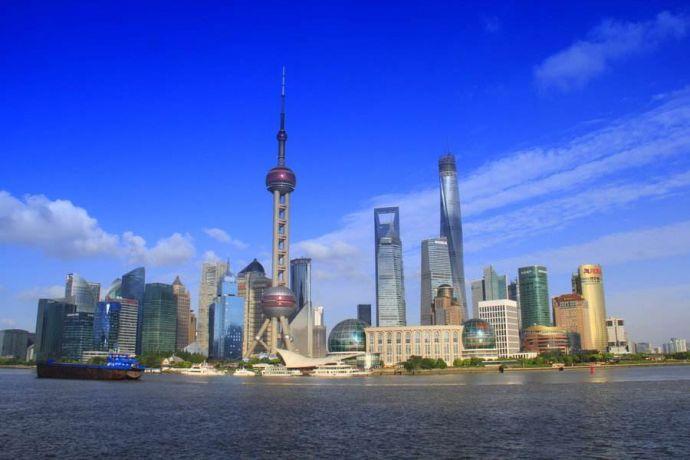
BEIJING, Aug. 7 (Xinhua) -- Shanghai is working hard to open up and implement reforms to attract business, including trimming the negative list of areas in which foreign investment is not allowed.
Shanghai’s districts are each implementing measures to realize the city government’s vision of opening-up, most recently outlined in the city’s “100 measures” released in July encouraging foreign investment in the advanced manufacturing sector and reforming the car, aircraft and shipbuilding industries.
The negative list for foreign investment in the Pudong New Area’s free trade zone has been revised four times in the past five years and cut to 45 items from 190, said Lu Fangzhou, deputy director of Pudong New Area and the administrative board of the FTZ.
During the period, over 10,000 foreign companies were set up in the area, showing the FTZ’s attractiveness to foreign capital.
To accelerate the implementation of the new negative list, the FTZ Administration issued 25 measures in the financial services sector, which is a move to test the ground for further liberalization.
As one example, Willis Insurance Brokers Co. was approved to become the first wholly foreign agency to offer a comprehensive range of products for the market.
Meanwhile, the establishment of ICBC-AXA Asset Management Company by ICBC-AXA Life was the first joint-venture insurance asset management company to be officially approved after China decided recently to increase the pace of opening the insurance industry.
By the end of June, over 2,600 programs had been implemented amid the 54 opening-up measures of the FTZ.
Lu also said Moody’s Corp would open operations in the FTZ this year.
Changning is another district leading reforms to attract foreign businesses, with faster quarantine checks for imports.
The Shanghai Entry-Exit Inspection and Quarantine Bureau launched a trial scheme in the district, clearing imported dairy and textiles at products from five approved companies by checking their transport and manufacturing processes or testing only sample batches of goods.
The first batch of five companies covering imported dairy products, food, wine, clothes, shoes and jewelry achieved booming sales and lower customs clearance costs since the trial was launched at the end of 2017.
One of the five companies, New Zealand’s Theland Farm Group, doubled its imports of fresh milk in the second quarter to 186,000 bottles due to the new scheme.
The fast-track scheme allows consumers to drink milk within three days of production, compared with eight days under the regular system, said Yang Dongsheng, a director at the commerce commission of Changning.
The scheme has encouraged investors and provides a useful example ahead of November’s International Import Expo.
(Source: SHINE)




 A single purchase
A single purchase









